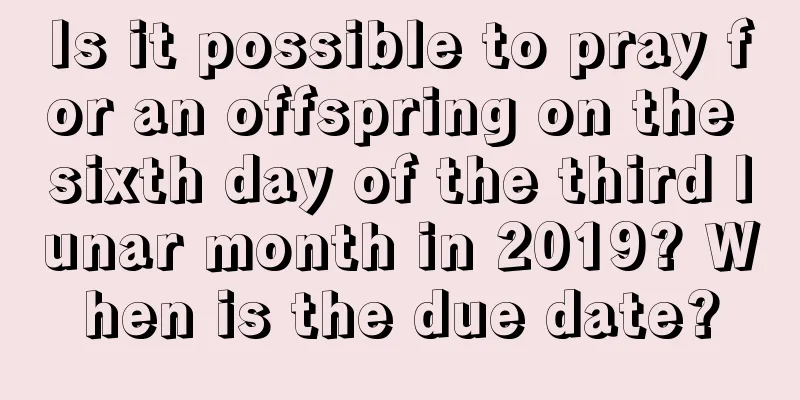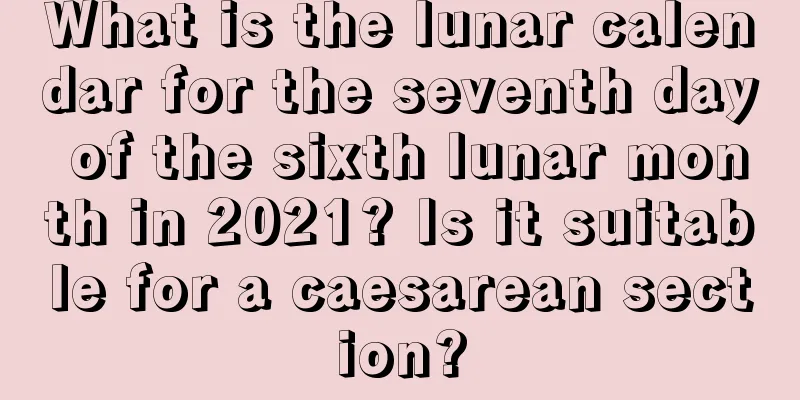What are the origins and legends of the Spring Festival New Year’s money?

What are the origins and legends of the Spring Festival New Year’s money? Why do we give New Year’s money? The festive culture of the Chinese New Year is rich and colorful, and extraordinary. If you want to know more related content, just search in the 2019 Chinese New Year and Spring Festival special topic carefully compiled by Shuimoxiansheng.com!What are the origins and legends of the Spring Festival New Year’s money?1. Originated from “Winning Money”Lucky coins originated in the Western Han Dynasty and were minted in the late Qing Dynasty and early Republic of China. They were not circulated on the market. The front of the coins usually had auspicious words such as "Long live the emperor" and "Get rid of disasters and eliminate evil" and auspicious patterns such as dragons and phoenixes, turtles and snakes, and Pisces. It is an ancient coin used as a lucky item or ward off evil spirits by the Han people. As an ornament worn by children, its original meaning was mainly to suppress evil spirits and ward off disasters, and to celebrate and pray for blessings. "Lucky money" is also used as baby bathing money, which is given to children when the baby is one month old. Later, it evolved into "lucky money" during the Spring Festival. 2. Originated from "suppressing evil spirits" Legend has it that there was a little demon called "Sui" in ancient times. He came out on New Year's Eve every year and specifically touched the foreheads of sleeping children. After a child is touched, he will have a high fever and talk in his sleep, and after the fever subsides, he will be transformed into a "haunted ghost". It is said that there was a wealthy family where a couple had a son in their old age and they cherished him very much. On New Year's Eve, in order to prevent evil spirits from possessing his child, he gave the child eight copper coins. The child fell asleep while playing. In the middle of the night, a gust of cold wind blew, and the short black man was about to touch the child's head with his white hand. Suddenly, a golden light burst out from the child's pillow, and the evil spirit screamed and ran away. So the evil spirit dared not to disturb us again. Soon, the story spread, and everyone followed suit. On New Year's Eve, they wrapped the evil spirit in red paper and placed it under their children's pillows, and the evil spirit dared not to disturb them again. Therefore, people called this kind of money "Ya Sui money". "Sui" and "Sui" have the same pronunciation. Over time, it was called "Ya Sui money". 3. Originated from the Tang Dynasty Palace <br /> Related to the customs of the Tang Dynasty Palace. According to Wang Renyu's "Kaiyuan Tianbao Remaining Stories", during the Tianbao period of Emperor Xuanzong of Tang Dynasty, "the concubines in the inner court would gather in groups of three to five in the Forbidden City every spring to play coin throwing." Wang Jian's "Palace Poems" said: "The workers got up early and laughed and cheered, not recognizing the man sweeping the floor in front of the steps. They begged for money and asked urgently, but it was still the same outside"; "The powder left over from last night's makeup is still in the morning, and they always stand by the Zhaoyang lace tree; on cold days, the women in the inner court always have white hair, and the treasury gives them money first." This shows that the custom of giving money in spring was popular in the palace of the Tang Dynasty. According to Volume 26 of "Zizhi Tongjian", when Yang Guifei gave birth to a son, "Xuanzong went to see it in person, and was delighted to give the concubine gold and silver money for the baby's washing." Wang Jian's "Palace Poems" also has a description: "When the concubine gave birth to a child in the courtyard, the maids vied to beg for money for the baby's washing." In addition to expressing joy, the money for baby washing was mainly a talisman given by the elders to newborns to ward off evil and remove magic. The custom of giving money to newborn babies gradually spread from the palace to the people, and became one of the important folk customs in the Song Dynasty. 4. Originated from the reward of Emperor Shenzong of Song Dynasty <br /> According to the historical book "Zhu Shi", during the reign of Emperor Shenzong of Northern Song Dynasty, on the night of Spring Festival, Nan Xi, the youngest son of Wang Shao, the deputy envoy of the imperial court, was abducted by a gangster while watching lanterns in the streets of Bianliang with his parents. The criminals were planning to extort some money from Nan Xi's family. However, while the criminals were escaping, they happened to see a court carriage passing by. The clever and brave Nan Xi hurriedly shouted for help. The criminals were frightened and let go of Nan Xi and fled in panic. As a result, Nan Xi was able to follow the court carriage into the palace and meet Emperor Song Shenzong. After Song Shenzong learned what had happened, he gave Nan Xi some money to calm him down. This incident originally took place in the imperial palace of Bianliang, the capital of the Northern Song Dynasty, but it quickly spread and became widely circulated among the people. As a result, people followed Song Shenzong's practice and during the New Year, in addition to buying firecrackers and food for children, they also gave children some pocket money to calm their nerves. This pocket money was called "New Year's money." Over time, giving New Year's money to children has become one of my country's traditional Spring Festival customs. What is the significance of New Year’s money?In the poem "New Year's Money" by Wu Manyun, a Qing Dynasty poet, it says: "A hundred coins are strung together with a colorful thread, divided and kept under the pillow. People discuss the price of firecrackers and flutes, which keeps the children busy all night." The custom of elders giving new year's money to juniors is still popular. The money is mostly used by children to buy books, school supplies and daily necessities. The new fashion has given new content to the new year's money. In a traditional society based on blood ties and family life as the basic model, emphasis is placed on "order of seniority" and parents are usually very dignified. It is only during the Spring Festival that, in the festive atmosphere, the younger generations kowtow to their elders to express their respect and blessings to their elders, and the elders give the younger generations more or less lucky money to show their care and love for them. The giving and receiving of lucky money is like a lively drama, expressing the meaning of spending the holidays together in joy and excitement. |
>>: Can I wash my hair and take a bath on the 13th day of the first lunar month in 2019?
Recommend
Detailed explanation of where the God of Wealth is on September 27, 2021
In the ninth month of the lunar calendar, all the ...
Is it suitable to go out on the tenth day of the first lunar month in 2021? What should you pay attention to when traveling far away?
The first month of the lunar calendar is an import...
What about a girl born on the third day of August in 2022? Is fate good?
What about a girl born on the third day of August ...
What season is Xiaoman? Can't we start renovation and groundbreaking in 2020?
Introduction: In the blink of an eye, it is the Gr...
Is it a good idea to move house in the beginning of autumn in 2019? Is the beginning of autumn suitable for moving house?
There are twenty-four solar terms in a year, and a...
The mysterious custom of praying for a child on February 2nd. Is it possible to pray for a child on February 2nd in 2022?
Different regions have different customs on Februa...
What kind of accessories should I choose? Feng Shui of jewelry
Introduction: In recent years, the retro style ha...
What is the fate of a baby girl born on July 26, 2021 in the lunar calendar?
It is said that daughters are the warmest and most...
What should not be done on the Double Ninth Festival in 2020? What is the date of the Double Ninth Festival according to the lunar calendar?
Introduction: The days of the Double Ninth Festiva...
Is it a good time to renovate on the 25th day of the third lunar month in 2020? Feng Shui ceremony for starting renovation!
Introduction: Before renovating, you need to choos...
What holiday is on May 11, 2020? Is this a good day to pray?
What holiday is on May 11, 2020? Is this a good da...
2018 Lunar May 17th Lunar Calendar Auspicious Time Query, Auspicious and Unlucky Time Query
The fifth month of the lunar calendar has the ind...
What can’t you eat on the second day of the second lunar month in 2020? Are there any taboos?
The second day of the second month in the lunar ca...
How should couples spend the Chinese Valentine's Day in 2021 to benefit their relationship luck?
The seventh day of the seventh month of the lunar ...
Is the fate of a baby girl born on the first day of the eighth lunar month in 2018 good or bad?
A person's fate at birth, his or her personali...









